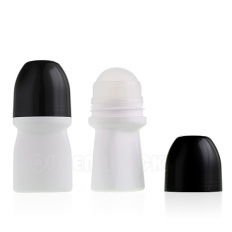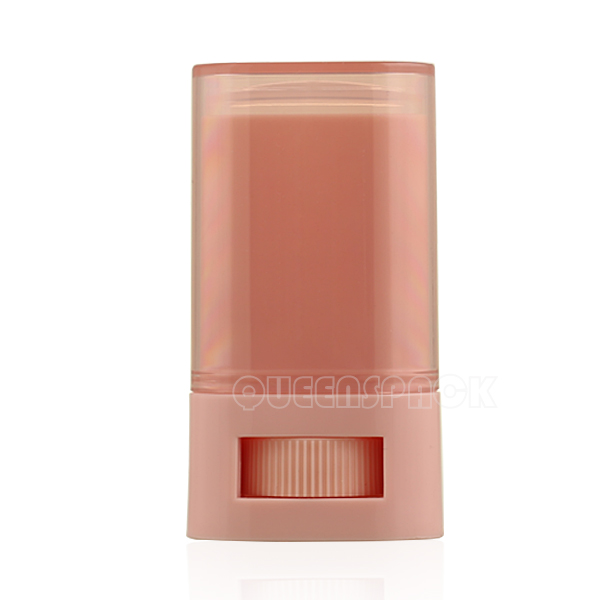-
Customer Login
Contact Us
- Home
- Product Catalog ✚
- Cream Jar
-
QS1045C 30ML 50MLQS1007 15ML 30MLQ7701A 3ML 5ML 10ML 15ML 30ML 50ML 100MLQS1003J 50MLQS1117 15ML 30ML 50MLQS1003L 15ML 30ML 50MLQS1105 15ML 30ML 50MLQS1084B 15ML 30ML 50ML
- Lotion Bottle
-
QS2039C 15ML 30ML 50ML 80ML 120MLQS2070A 30ML 50ML 80ML 120MLQS2117 15ML 30ML 50ML 80ML 120MLQS2018B 15ML 30ML 50MLQS2048 30ML 50ML 80ML 120MLQS2105 15ML 30ML 50ML 100ML 120MLQS2013 15ML 30ML 50ML 80ML 120MLQS2053 15ML 30ML 50ML 100ML 120ML
- Airless Bottle
-
QS3020L 15ML 30MLQS3087A 15ML 30ML 50MLQS3037B 10ML*2 15ML*2QS3052C 30MLQS3101 30ML 50MLQS3023A 15ML 30ML 50ML 80ML 100ML 120MLQS3102 30ML 50MLQS3022C 15ML 20ML
- Perfume Atomizer
- Roll on bottle
- Makeup Containers
-
QS6052 10~15GQ8048 30MLQ6072 8MLQ8042H 5ML 15ML 50MLQ8142Q8141Q8186 5MLQ8187 4ML
- Lipstick
-
QP-LP-004S 4MLQ6066Q6067QS6051AQS6051BQS6055AQS6055BQS6059B
- Cosmetic Tubes
-
Q8255 70-180MLQ8276 25MMQ8263A 100~110ML 120~130ML 140~150MLQ8263B 100~110ML 120~130ML 140~150MLQ8254 50-100ML 100-130ML 150-240MLQ8273 35MMQ8242 30MMQ8211 30MM 35MM 40MM
- Pump
-
QA001 18/410QA003 24/410QA005 20/410QA006 20/410QA008 17/410QA009 18/410QA010 20/410QA011 18/410
- Others
- Cream Jar
- Sustainable Packaging
- In Stock
- Customization
- Video Gallery ✚
- Our Exhibition
- Our Company ✚





















































































